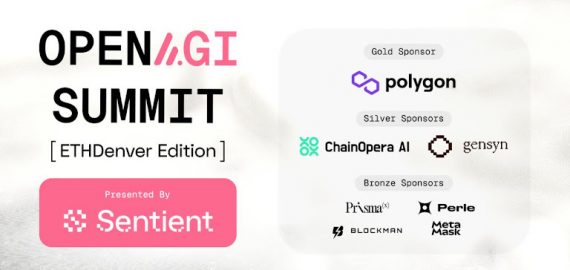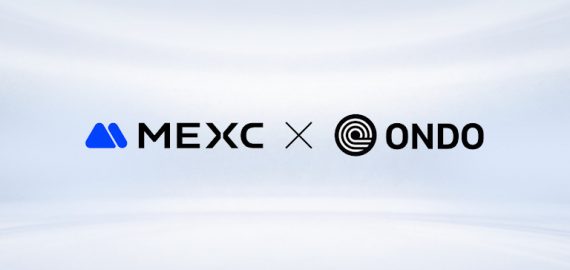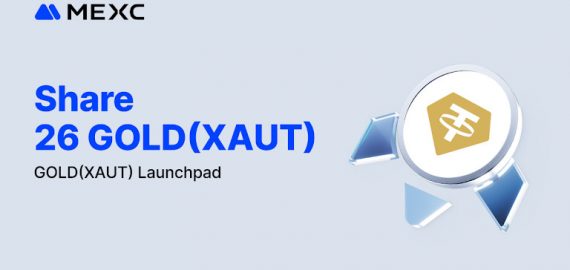Here’s Why DePINs are Rapidly Cementing Their Place Within the Tech Arena

In Brief
As DePIN projects continue to grow and mature, they stand poised to disrupt a wide range of industries and challenge the dominance of traditional technology companies. By offering censorship-resistant, open marketplaces, crypto incentives, privacy-protecting technologies, and cost efficiencies, DePINs present a compelling alternative to the status quo

From the outside looking in, the decentralized physical infrastructure network (DePIN) sector has experienced remarkable growth over the past year, emerging as one of the breakthrough technological trends to permeate the crypto market. To this end, these blockchain-powered networks — which use token incentives to coordinate the buildout and operation of real-world infrastructure — have captured the attention of investors, developers, and end-users alike.
This is because DePINs seamlessly merge the decentralized virtues of cryptocurrency with the essential infrastructure needs of our everyday lives. By encompassing critical sectors such as communication, Wi-Fi, transportation, data storage, and energy, these platforms not only exemplify the blockchain’s potential for transparency, efficiency, and security but also demonstrate its capacity to foster significant real-world change.
In other words, DePINs are designed to bolster the blockchain’s real-world applicability, offering users palpable benefits and rewards that extend beyond the digital realm.
A look at the numbers
From a purely statistical standpoint, we can see that since the start of 2023, the DePIN ecosystem has grown exponentially, with over 650 new projects having been launched and the industry’s total market capitalization reaching an impressive $20 billion. In the eyes of many, this surge reflects a growing need for alternatives to traditional entities like Amazon, Microsoft, and Google, which have long-held monopolies in terms of providing core digital infrastructure to the masses.
To elaborate, DePINs offer a decentralized alternative that promises greater transparency, efficiency, and accessibility. By harnessing the power of the blockchain alongside various crypto-economic incentives, DePIN projects are building open, community-driven networks for services ranging from wireless connectivity and data storage to AI computation and energy distribution. Commenting on DePIN’s growing mainstream use, market intelligence firm Messari recently noted:
“DePIN will be one of the most important areas of crypto investment for the next decade. Storage solutions, decentralized wireless networks, and other hardware networks are critical to the industry’s long-term viability. They could also disrupt an absolutely ginormous set of monopolies.”
Moreover, as part of the firm’s findings, the DePIN industry generated significant revenue over the course of 2023, with the nascent sector bringing in about $8 million. That said, market experts believe that if the ecosystem can capture just 1% of the global cloud computing revenue by 2029, its revenue could grow exponentially from its aforementioned valuation to a multi-billion dollar industry — despite it representing just a small fraction of the overall market.
Technological advancements galore
Amidst these fledgling numbers and growing hype around DePINs, a number of relevant projects have spearheaded the industry’s development. For instance, peaq, a layer-1 blockchain tailored specifically for DePINs and machine-based real-world assets (RWAs), recently raised $15 million in a pre-launch funding round led by Generative Ventures and Borderless Capital.
Similarly, IoTeX, a blockchain platform focused on connecting smart devices and real-world data to Web3 applications, recently revealed that it had secured a $50 million investment from a consortium of venture capital firms. However, one project that has really piqued the interest of crypto enthusiasts globally is Huddle01, a company building the world’s first decentralized real-time communication (dRTC) network.
By leveraging a DePIN infrastructure, Huddle01 aims to democratize access to high-quality audio and video communication, empowering users to both provide and consume these services while earning rewards for their contributions. In fact, its SDK allows developers to easily integrate immersive real-time engagement features into their applications, while the platform’s ready-to-use app offers secure video calling and audio spaces.
The project’s broader vision is to create a truly decentralized infrastructure for real-time communication, putting the power in the hands of the people rather than centralized tech giants. By incentivizing users to provide resources as well as utilize the service, Huddle01 aims to foster a people-powered network where each participant is rewarded for their contribution — a model that not only promotes decentralization but also fosters a more inclusive and accessible communication infrastructure.
The Future of DePIN
As DePIN projects continue to grow and mature, they stand poised to disrupt a wide range of industries and challenge the dominance of traditional technology companies. By offering censorship-resistant, open marketplaces, crypto incentives, privacy-protecting technologies, and cost efficiencies, DePINs present a compelling alternative to the status quo. In this regard, Shann Holmberg, chief operating officer for Lunar Strategy, believes:
“DePIN transforms traditional infrastructural systems by decentralizing control, shifting it from large corporations to a community of individual contributors. This global reach empowers users from all corners of the world to engage with and benefit from decentralized technologies, fostering a more inclusive digital environment.”
Therefore, as the crypto market matures and the demand for real-world utility increases, DePINs are expected to continue their rapid ascent. With a growing number of use cases, a thriving ecosystem of projects, and increasing mainstream adoption, this burgeoning sector seems primed to play a pivotal role in shaping the future of the digital economy.
Disclaimer
In line with the Trust Project guidelines, please note that the information provided on this page is not intended to be and should not be interpreted as legal, tax, investment, financial, or any other form of advice. It is important to only invest what you can afford to lose and to seek independent financial advice if you have any doubts. For further information, we suggest referring to the terms and conditions as well as the help and support pages provided by the issuer or advertiser. MetaversePost is committed to accurate, unbiased reporting, but market conditions are subject to change without notice.
About The Author
Gregory, a digital nomad hailing from Poland, is not only a financial analyst but also a valuable contributor to various online magazines. With a wealth of experience in the financial industry, his insights and expertise have earned him recognition in numerous publications. Utilising his spare time effectively, Gregory is currently dedicated to writing a book about cryptocurrency and blockchain.
More articles

Gregory, a digital nomad hailing from Poland, is not only a financial analyst but also a valuable contributor to various online magazines. With a wealth of experience in the financial industry, his insights and expertise have earned him recognition in numerous publications. Utilising his spare time effectively, Gregory is currently dedicated to writing a book about cryptocurrency and blockchain.


















































